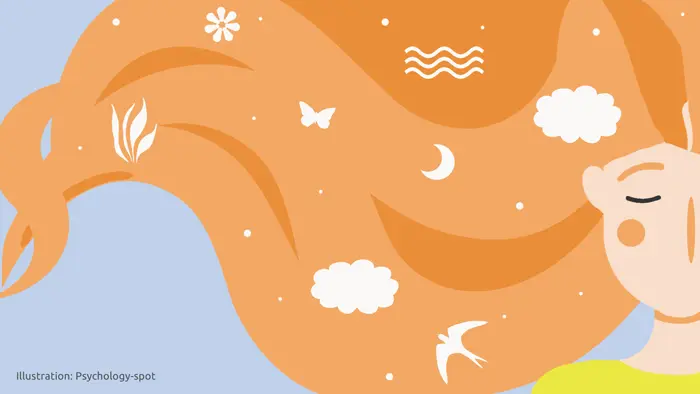
The philosopher Auguste Comte thought that living in harmony with the others was the “Law of happiness”. Over time, science has proven him right. Without social skills, we betray ourselves. We betray our thoughts, feelings, opinions and rights.
The relationships we maintain with the others are a source of satisfaction and happiness, but when we are unable to express what we feel, communicate our ideas or defend our rights assertively, they often become a source of conflict, anguish and tension. Therefore, social skills are the foundations on which we must build our happiness.
If we want to be happy, we must cultivate our relationships and social skills
In 2018, psychologists from the University of Leipzig asked more than 1,500 people a seemingly simple question: What is your strategy to be happier? They discovered that not all roads lead to happiness.
Basically, people try to be happier by following two different paths: individual or social development. Some believed that they would be happier if they found a better job or lived a healthier lifestyle. Others emphasized their social goals, such as spending more quality time with friends and family, being more understanding of others, or meeting new people.
After a year, the researchers reassessed their level of happiness and satisfaction. They found that those who had set at least one social goal and had met it felt happier and more satisfied.
This is not the first study to reveal the connection between our social skills and happiness. In 1990, psychologists from the National Taiwan University found that assertiveness was a better predictor of happiness than the level of self-awareness. Researchers from Islamic Azad University also found that social skills training “Has a positive effect: it increases happiness, self-efficacy and resilience.”
One of the largest investigations to date, which began in 1938 by following more than 700 people for 75 years, also found that good relationships are key to lasting happiness. Researchers at Harvard University concluded that “Close relationships, more than money or fame, are what keep people happy throughout their lives.”
Of course, that does not mean that personal goals are not important and that reaching them does not make us feel happy and satisfied with ourselves, but it is essential to base them with the right social skills. In all cultures, social ties and our ability to relate are essential to achieving that good and balanced life that leads to stable and lasting happiness.
The importance of social skills to achieve happiness
Social skills are acquired through learning, mainly by imitating the behaviors of our parents or other significant figures. Assertiveness, self-control, active listening, and emotional validation are examples of essential social skills that we often develop by imitating the adults around us.
However, not all of us learn the same lessons in the same way. If we have not had good models of social skills, it is difficult for us to learn to resolve conflicts assertively or to be able to assert our rights.
When we have not adequately developed our social skills, interpersonal relationships become a source of discomfort and dissatisfaction. In fact, we cannot forget that relationships unleash some of our most intense emotions.
If we don’t talk about the problems, they will grow. If we don’t know how to lower the tension, it will amplify. If we are not able to manage our emotions, they will take over and it is easy for us to lose patience.
Instead, social skills are the needle on the scale. They allow us to strengthen interpersonal ties, but without these suffocating us. They help us to put ourselves in the place of the other, but also to express our needs. They allow us to resolve conflicts and defend our space.
The relationships we maintain define us. Not only do they allow us to find our place in the world and better adapt to different contexts, but they also reinforce our identity. A little bit, we all see ourselves through the eyes of the others.
When we have the right social skills, we can maintain positive relationships that give us the support, confidence, and serenity we need to grow as people and be happier. Those bonds also protect us from adversity and even help delay mental and physical deterioration, being better predictors of long and happy lives than one’s own social class, IQ or even genes.
However, to harness the positive power that comes from relationships, we must first cultivate our social skills. It is not enough to let positive people into our lives, we must be able to keep them and provide them with the same support, understanding and happiness that we expect from them. Because, as Wilhelm von Humboldt said: “Deep down, it is relationships with people that give meaning to life.”
Sources:
Kheirkhah, A. (2020) Investigating the Effect of Social Skills Training on Happiness, Academic Resilience and Self-Efficacy of Girl Students. Archives of Pharmacy Practice; 11(S1): 157-164.
Rohrer, J. M. et. Al. (2018) Successfully striving for happiness: Socially engaged pursuits predict increases in life satisfaction. Psychological Science; 29(8): 1291-1298.
Mineo, L. (2017) Good genes are nice, but joy is better. In: The Harvard Gazette.
Argyle, M. & Lu, L. (1990) Happiness and social skills. Personality and Individual Differences; 11(12): 1255-1261.



